Alan Titchmarsh: The hardest thing in life is keeping a sense of perspective. In that respect, a garden has no equal
We all need a garden sanctuary, says our columnist Alan Titchmarsh.

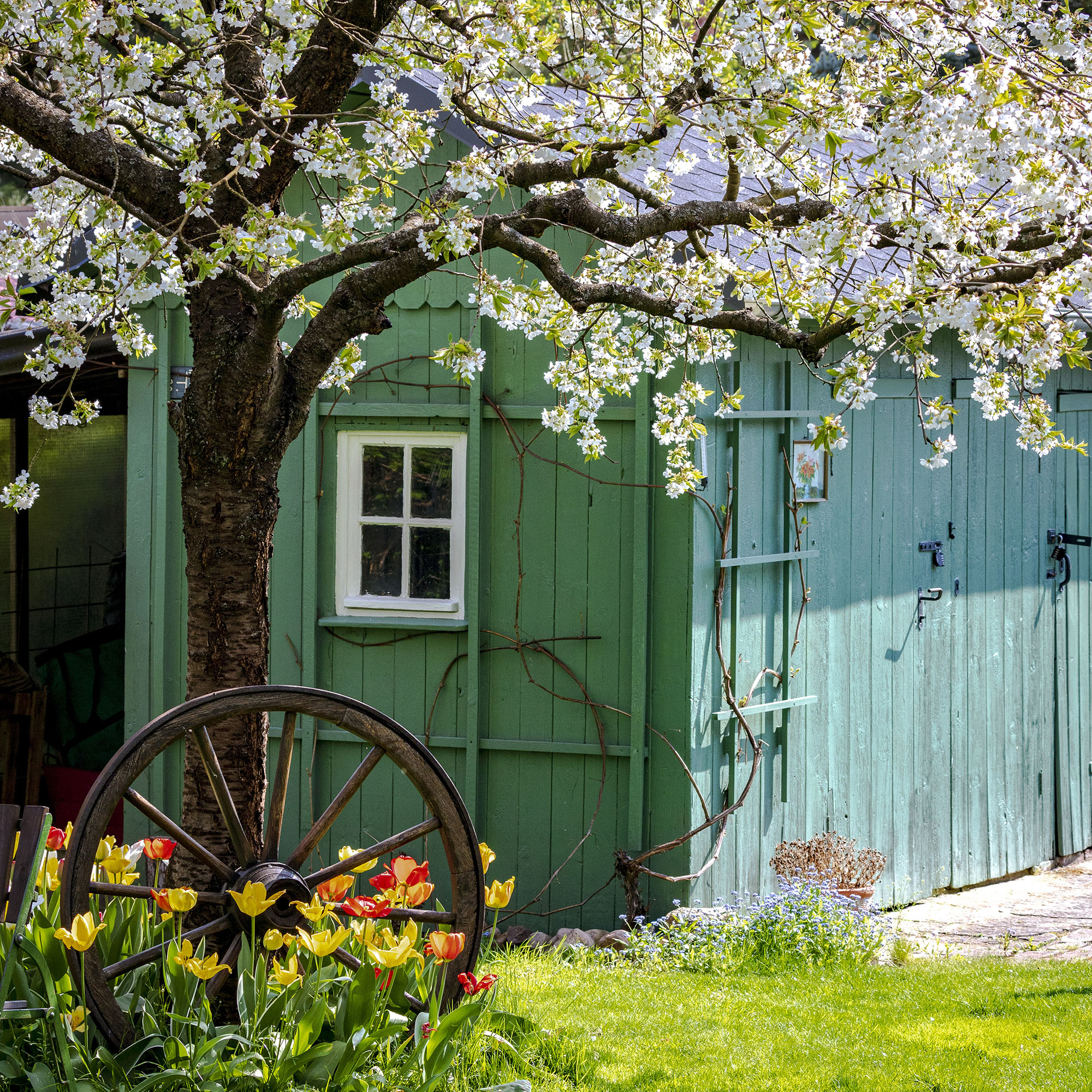
The idea of One Hundred Years of Solitude might have caught the imagination of Gabriel García Márquez, but, for most folk, in these days of Twitter (never used it), TikTok (never looked at it) and Instagram (finally gave in and began posting gardening snippets in 2021; @alantitchmarshmbe should you be curious) the prospect of solitude is remote. Whether through more traditional print and broadcast media or Facebook, Snapchat, WhatsApp and… oh, you name it, society in general now feels the need to be constantly connected to the activities — and opinion — of others. Except, that is, for gardeners and writers who are accustomed to — and revel in — working alone.
As I tap out these words in the loft of the barn just across the way from our house, I hear nothing more than the ticking of clocks (it’s a weakness my wife has learned to tolerate). Not for me the accompaniment of music or the incessant chatter of the radio; I enjoy the sound of the birds, which can be heard through the open window, but the barn where I write, next to our wildlife pond, has become a space that I increasingly find brings me solace when the incessant babble of the wider world has drowned out peace of mind and what few original thoughts might have entered my head.
Solitude, as distinct from loneliness, is a commodity of inestimable value. It offers a chance to process — often subconsciously — our attitude to life, our opinions on this and that and a modus operandi that might just help us to keep our heads above the water that constitutes the rising tide of information — much of it tragic — that we are expected to absorb on a daily basis. The garden, for so many of us, is a sanctuary and any building we choose to erect within it — however modest — will allow us to spend time enveloped by the natural world and to be in touch with ourselves.
"Visit The King’s garden at Highgrove in Gloucestershire and you will find the ultimate Sanctuary nestling among the trees"
I am a sociable sort of chap — happy in company, comfortable talking to all kinds of people — but I value, too, those hours of tranquillity spent in our garden, our barn, our summerhouse and — in winter — beside the roaring fire in our arctic cabin surrounded by saplings and young trees.
Sailors will tell you that ‘God does not deduct from man’s allotted span the hours spent fishing or the days spent sailing’. In which case, He must surely add to that the time spent in a garden, for gardening is the sharp end of conservation: the nitty-gritty of sowing and planting are the ultimate tasks that ensure our own patch of the planet is maintained in good heart. But, in between our lab-ours, we should ensure that there are periods of calm, of reflection and of one-ness with the earth. The garden sanctuary provides exactly that.
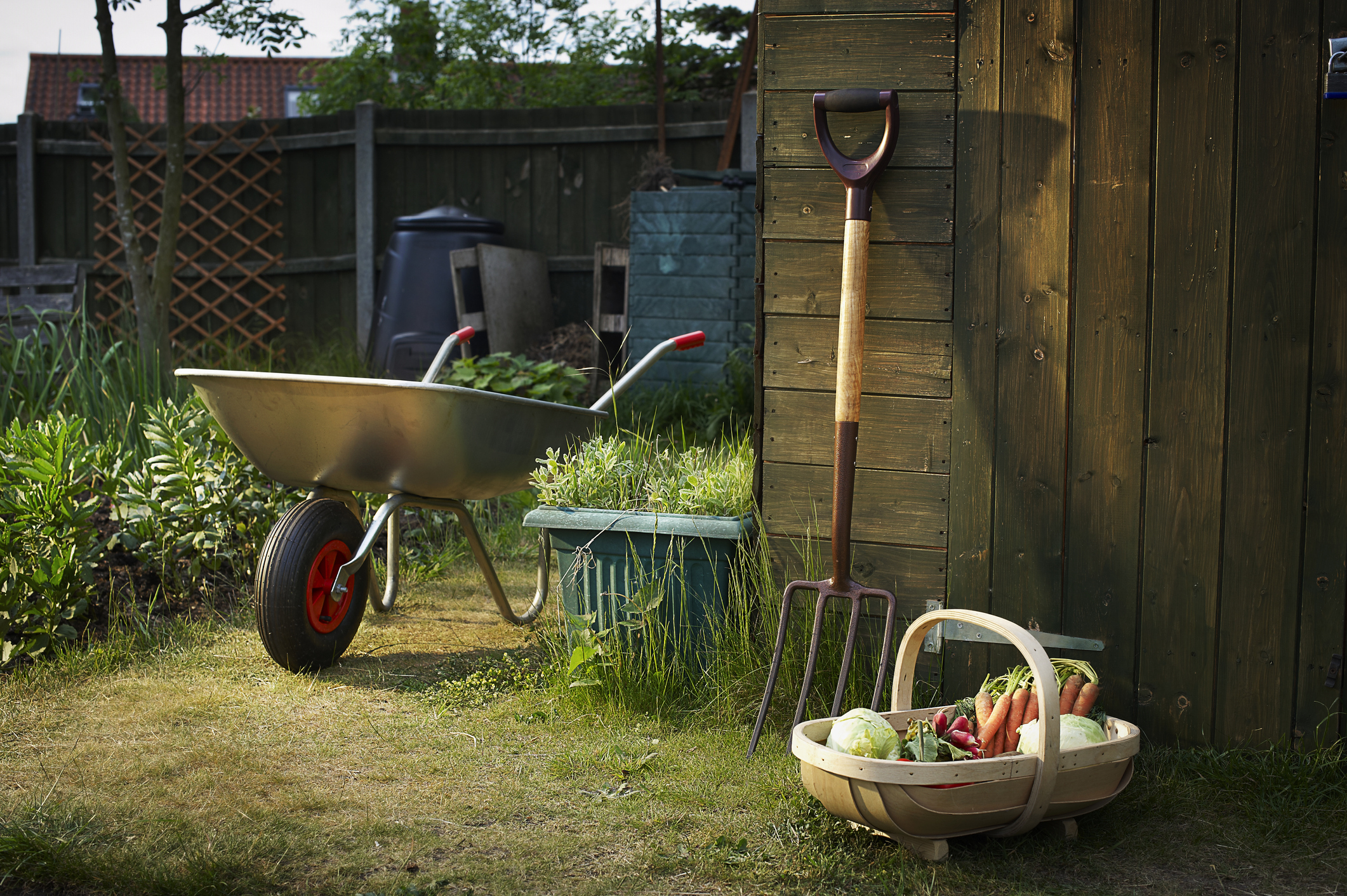
Visit The King’s garden at Highgrove in Gloucestershire and you will find the ultimate Sanctuary nestling among the trees in the woodland surrounding the house. It is made from local materials — clay-lump walls topped by steeply pitched tiled roofs. You will not be able to enter it. It remains His Majesty’s private retreat; a chapel where he can be alone with his thoughts, surrounded by the garden that he loves. Although such an elaborate dwelling might be beyond the reach of most of us, the provision of the simplest of garden retreats can provide the same sort of escape to reality. To reality, not from reality; for there is nothing more real in life than being present, in the moment, in your garden surrounded by plants and animals, birds and insects. To assume that news bulletins are the only source of ‘reality’ is a grave and dangerous mistake. The hardest thing to achieve in life is a sense of proportion and perspective. In that respect, a garden has no equal.
A garden sanctuary need not be an especially cerebral location: a humble shed will do. Provided it has a chair — an old Lloyd loom with a plump cushion — nestled among the spades and forks, rakes and hoes, seed packets and trays, sacks of compost and fertiliser, it will become a place to which you can gravitate with mug — or glass — in hand. A greenhouse, however small, will have its own cathedral-like atmosphere, where the dripping of water from freshly irrigated pots pervades the stillness of the air. Breathe in deeply and savour the moment and the aroma of damp compost. Stepping aside from the travails of the world for a part of each day in your garden sanctuary will quickly demonstrate the enriching properties of solitude.
Exquisite houses, the beauty of Nature, and how to get the most from your life, straight to your inbox.
Alan Titchmarsh’s new book The Gardener’s Almanac is out now
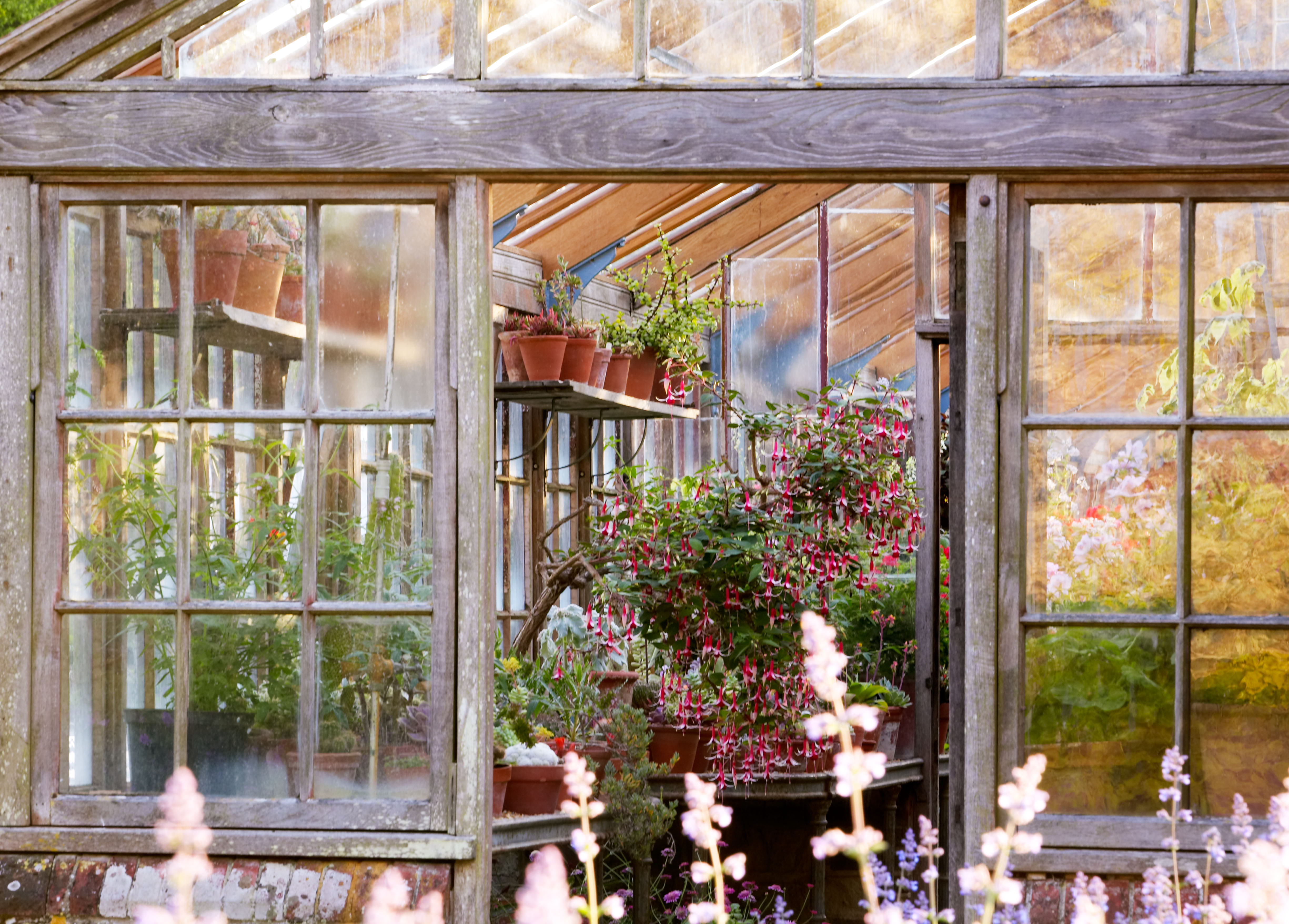
Credit: Alamy
Alan Titchmarsh: How to master the fine art of pottering
As time opens up for all of us to spend more time in the garden, Alan Titchmarsh offers his tips
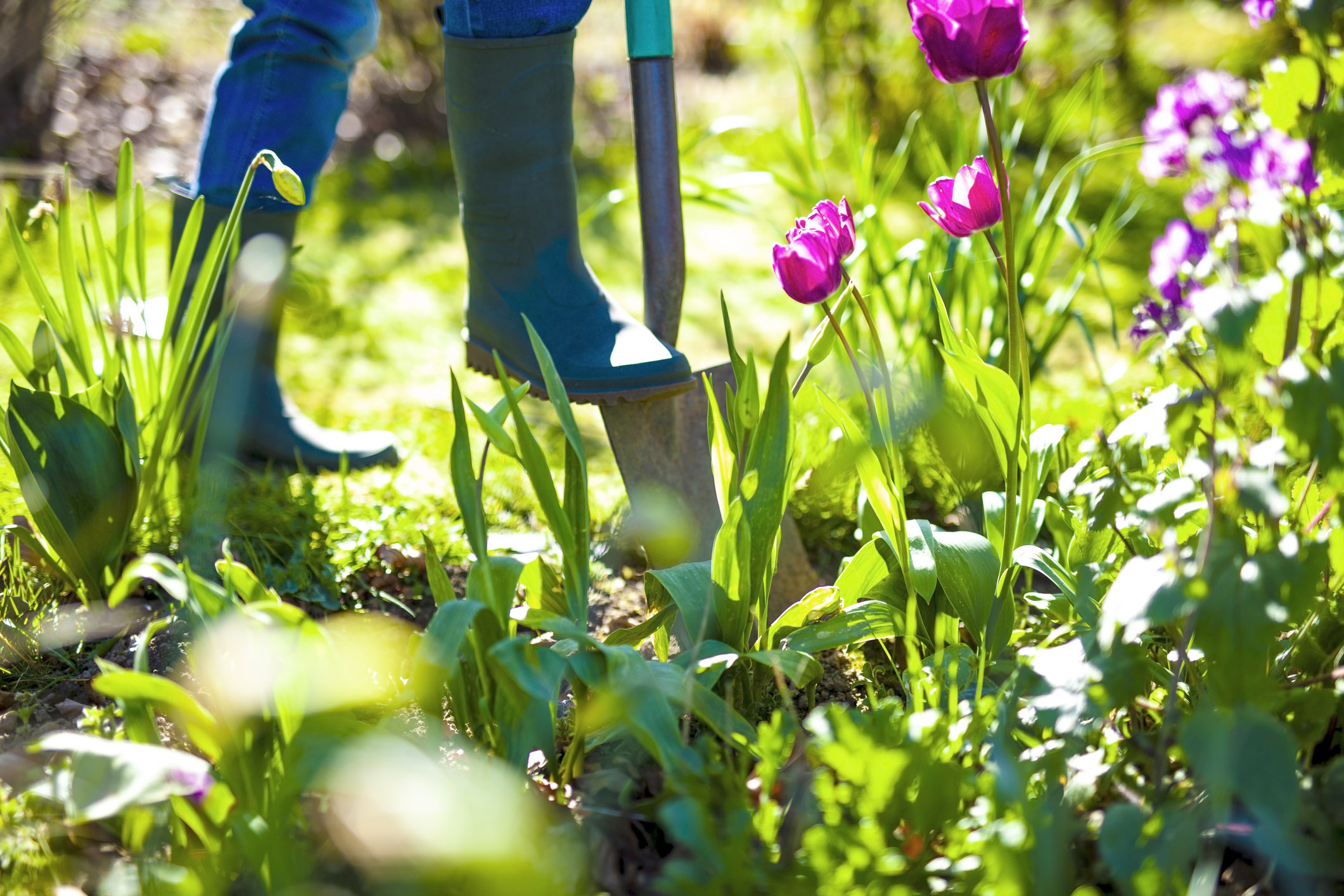
Credit: Getty
Alan Titchmarsh: Why I relish the worst jobs in gardening
Alan Titchmarsh admits that it's not just gardening's most challenging tasks, but also its the mundane chores that 'give me
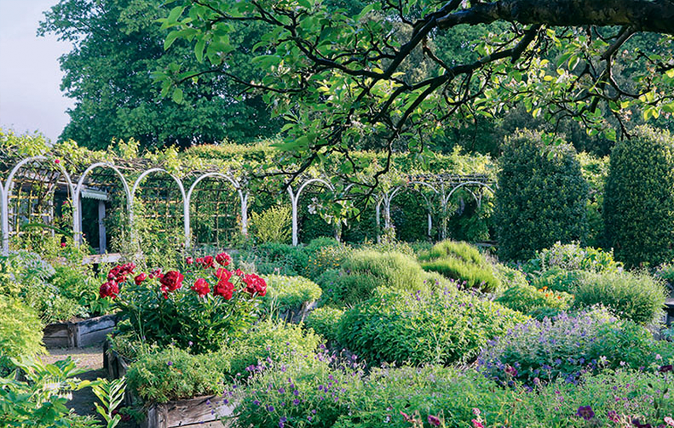
Alan Titchmarsh: The poetic pleasure of plant names
Our gardening expert on the days spent learning the names of some of the most obscure plants in Britain.
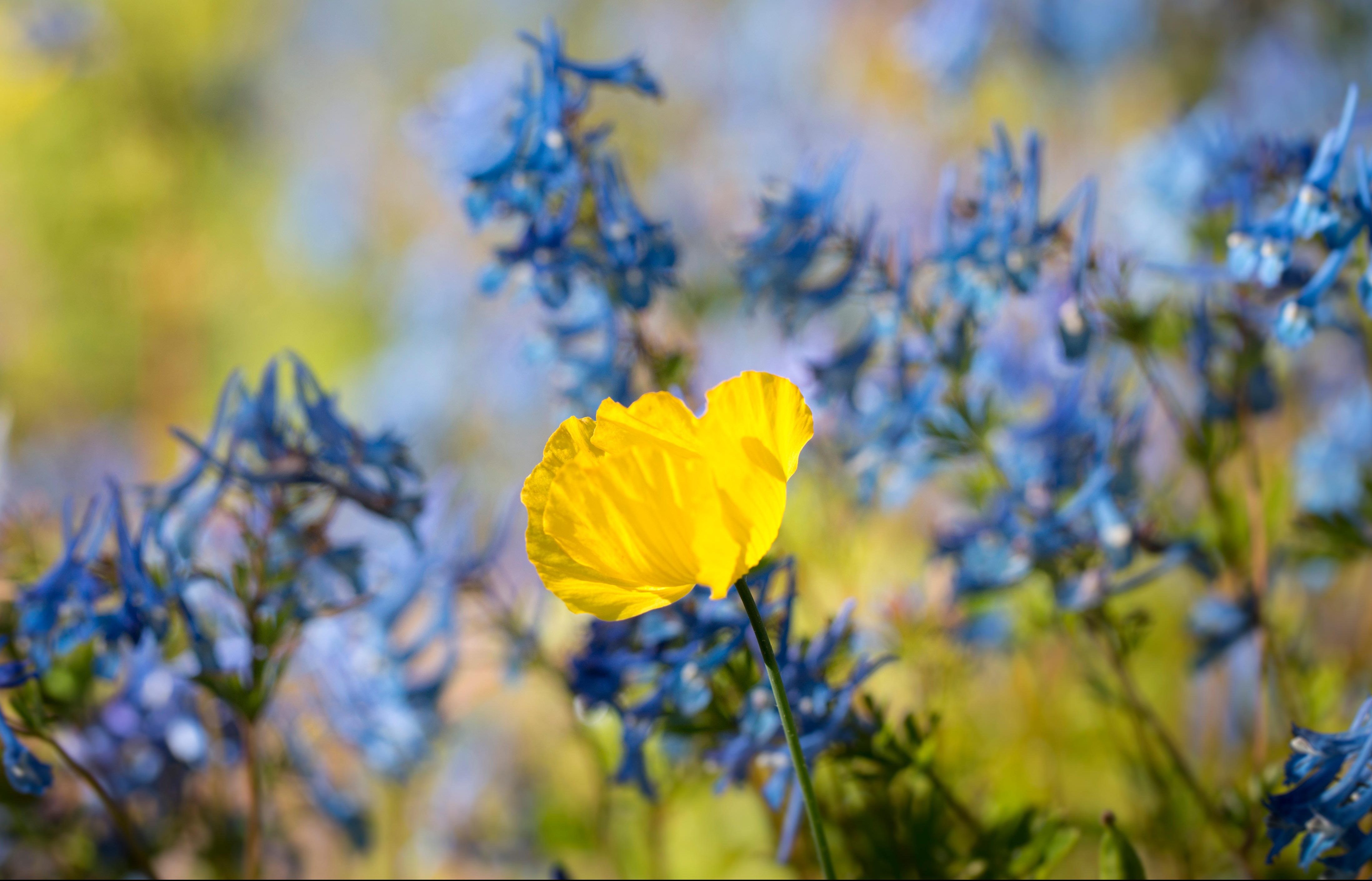
Alan Titchmarsh: The weeds I welcome with open arms
Our columnist Alan Titchmarsh used to spend hours ridding his garden of anything he hadn't planted himself. These days he
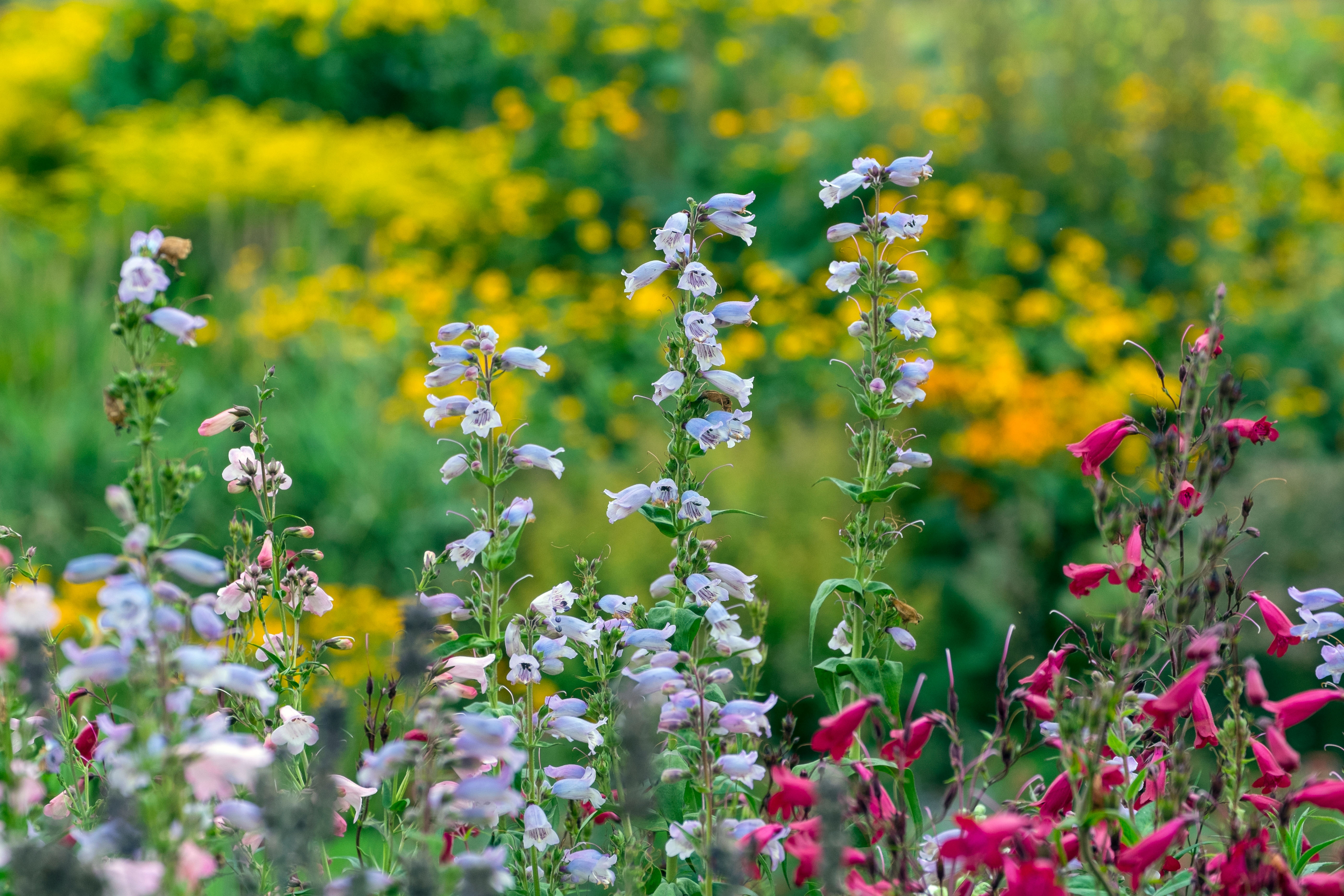
Credit: Gary K Smith / Alamy
Alan Titchmarsh: The ultimate flower for the lazy gardener
Penstemons are easy to grow, hardy, and flower for months — even the slugs don't both them. They might just be
Alan Titchmarsh is a gardener, writer, novelist and broadcaster.
